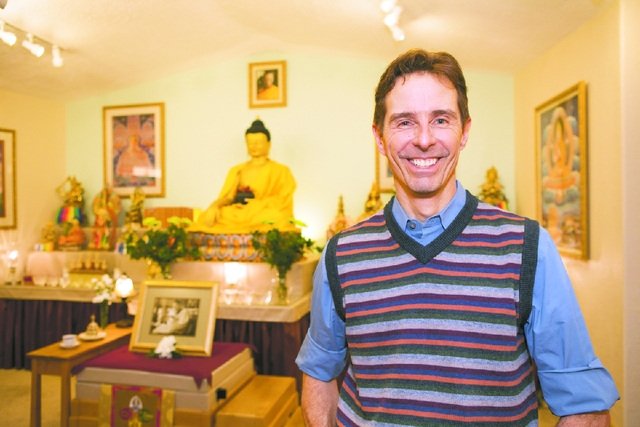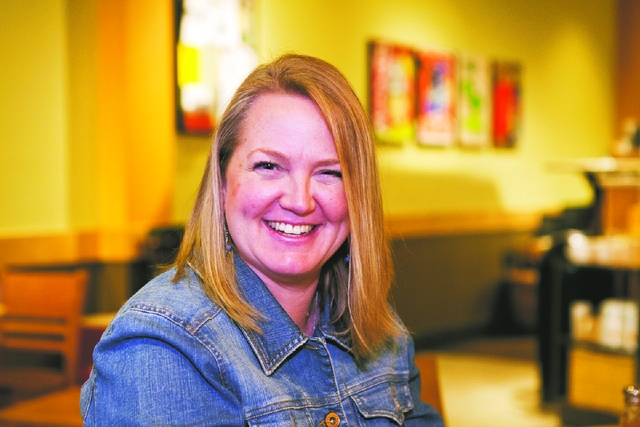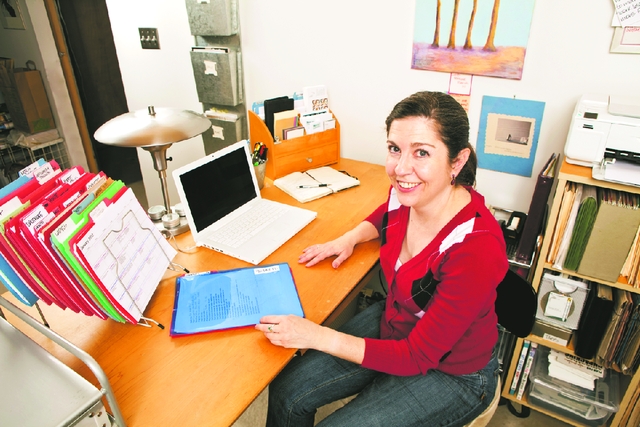Be Centered
 Brad Braden, administrative director at Kadampa Meditation Center
Eric Williams ericwphoto.com
Brad Braden, administrative director at Kadampa Meditation Center
Eric Williams ericwphoto.com
Talk Pretty
 Dr. Heidi Murphy, communication studies instructor at Central New Mexico Community College
Eric Williams ericwphoto.com
Dr. Heidi Murphy, communication studies instructor at Central New Mexico Community College
Eric Williams ericwphoto.com
Clean Up
 Miriam Ortiz y Pino, certified professional organizer and simplicity expert, owner of More Than Organized
Eric Williams ericwphoto.com
Miriam Ortiz y Pino, certified professional organizer and simplicity expert, owner of More Than Organized
Eric Williams ericwphoto.com













